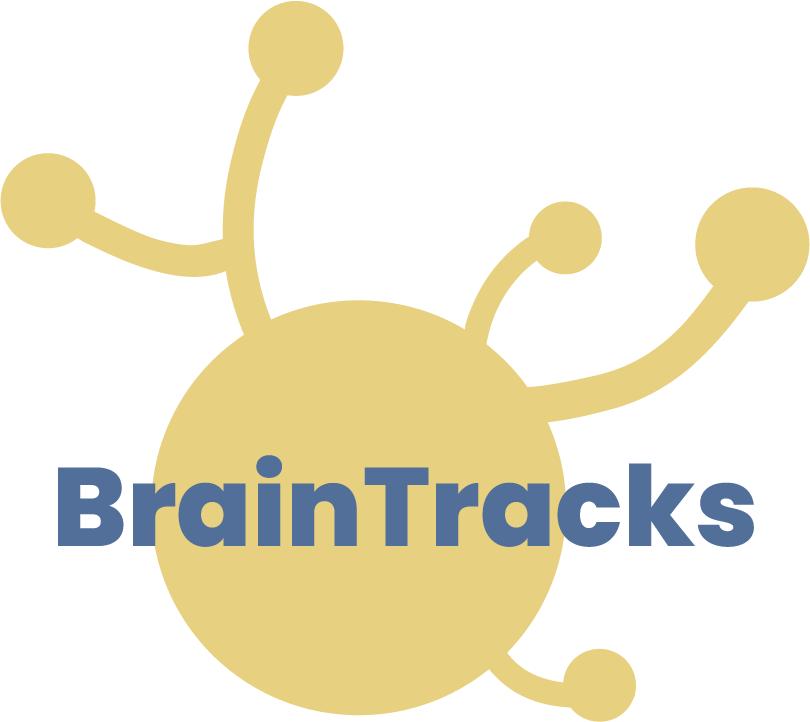What is the Timeline for Typical Development of Executive Function Skills by Age?
Executive Function skills develop over time, from birth until a person is often in their mid-twenties. In early childhood, Executive Function skills are still developing, and children may have difficulty with tasks that require planning, impulse control, and working memory. As children grow and develop, their Executive Function skills improve, and they become better able to plan and organize their thoughts and actions.
During adolescence, Executive Function skills continue to develop and become more refined. Compared to children, adolescents are better able to think abstractly and plan for the future, and they are able to manage their emotions and impulses more effectively. In adulthood, Executive Function skills are fully developed, and most people are able to use these skills effectively to manage their thoughts and actions. However, some adults may continue to struggle with certain aspects of Executive Function, such as planning and organization.
Image Source: The Center for The Developing Child at Harvard University
What Executive Function skills are expected to be mastered as children develop?
Elementary School (Ages 5 - 10)
Children in elementary school are developing emerging skills that are foundational building blocks for future development. Examples of these include:
learning to pay attention
learning to control their impulses and behavior
following simple directions and rules
Middle School (Ages 11 - 13)
Children who successfully develop impulse control, the ability to follow directions, and maintain their attention go on to develop more cognitively intensive Executive Function skills in middle school. The next level of development includes milestones such as:
learning to think and plan ahead by imagining a future point in time
planning out work
problem solving when things don’t go as anticipated
following daily household and classroom routines
High School (Ages 14 - 18)
In high school, students are beginning to develop Executive Functioning skills that will support them in their adult years. More advanced skills at this stage look like this:
learning to think flexibly and solve problems in new ways
adapting to shifting expectations and rules, depending on the context
using social skills and perspective-taking to collaborate with peers in sports, class projects, and other activities
reflecting and self-assessing in order to learn from mistakes and get back on track


